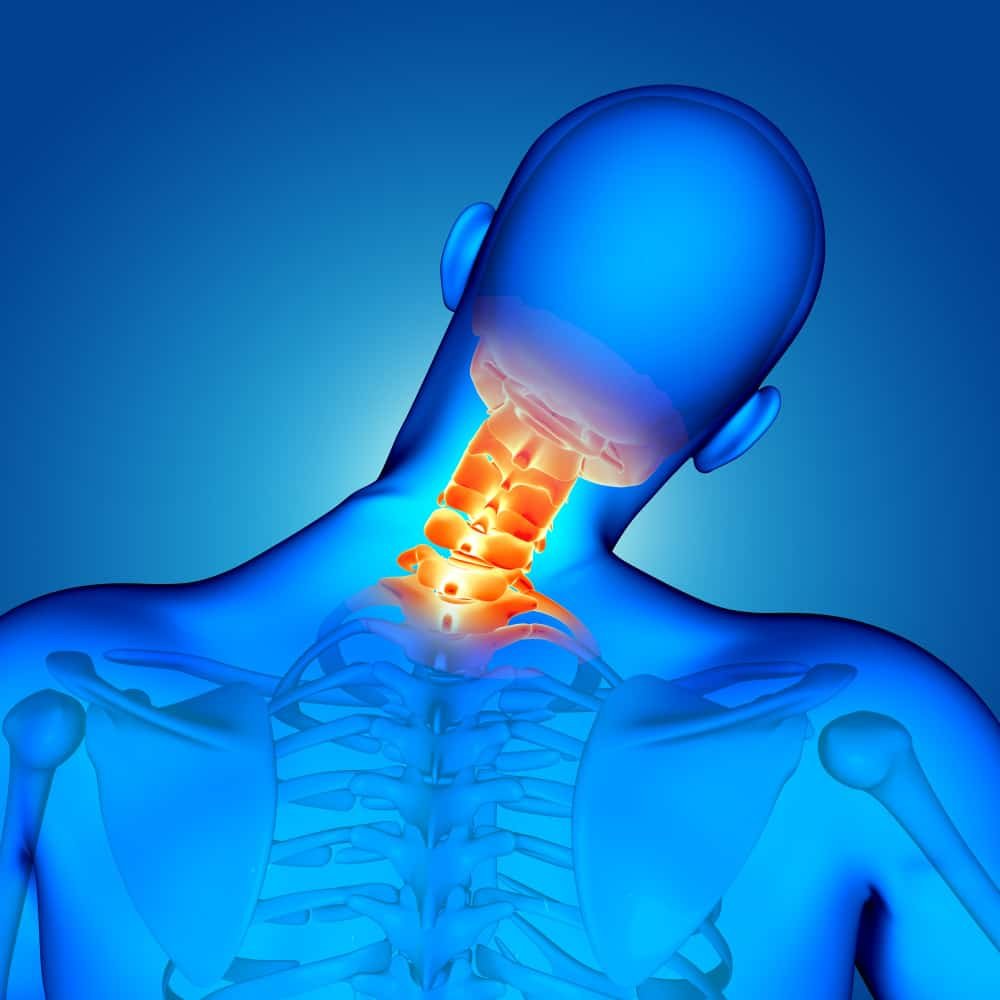Neck pain is a very common symptom we see in our day-to-day practice. As neck problems doctors, we understand it can be caused by a variety of conditions that require different levels of care. One reason may be faulty sitting posture or an injury.
Cervical region being the most mobile part of our spine, as our age increases, there are degenerative changes happening in the discs and small joints, as a result of microtrauma resulting in neck stiffness and muscles ache. In addition, if these changes continue to happen and are not treated properly it may result in severe neck pain.
Dr. Vishal Bhasme discusses how conditions such as arthritis could be the source of your neck pain.
Common causes of neck pain?
- Muscle strain due to carrying heavy loads
- Holding the head at a bad angle,
- Emotional stress or tension headaches,
- Pinched nerves due to spinal stenosis, cervical spondylosis, or a herniated disc
- Trauma from an injury or fall
Learn about the signs that you should see a neurosurgeon for neck pain
If severe neck pain continues to exist even after several weeks of visiting a physical therapist or chiropractor, it might be time to consult with a neurosurgeon for Surgical treatment.
It is always a good idea to check in with your doctor if you experience neck pain following an injury. Doctors recommend this for any time this occurs, and not just when it’s happening.
Neck pain is usually accompanied by a sub-occipital headache or a weakness or numbness in the arms or legs; these symptoms signal an emergency that should be addressed soon.
What is Cervical Disc Herniation?


A cervical disc herniation is a common problem that can lead to neck pain and symptoms that radiate down the arms to the fingers. These discs exist between the bones of the vertebral column, acting as a shock absorber between two bones, decreasing stress on those bones. When these discs become weak, they may tear or rupture, causing disc material to bulge outward. If a bulge pushes on nerves in an area, it can lead to nerve problems.
Is surgery always required for cervical disc herniation?
Most patients won’t need surgery and can try non-operative treatments to reduce their pain along with some lifestyle modification. These treatments include rest, anti-inflammatory medications, a cervical collar, pain medications, muscle relaxants, and physiotherapy.
In a few cases, an urgent surgery might be required to fix any nerve damage. The surgeon will examine your neurological system thoroughly for signs of any problems.
For patients with lost mobility or development of weakness, urgent surgery will be suggested as conservative treatment won’t be of any use to them and will further reduce their chances to recover.
Is Spine Surgery Safe?



Spine surgery is necessary in some patients and is quite safe. It should be performed at a good centre by a qualified spine surgeon who is trained to use the latest technology and equipment. Patients will benefit from advanced technology as the margin of error is decreased and the outcome is good.Without treatment, a cervical disc disease typically becomes worse. Expect to visit your doctor soon enough so that he or she can help you manage the condition with conservative treatment. Neurosurgeons treat the source of neck pain when severe symptoms persist without responding to conservative forms of treatment. Dr. Vishal Bhasme provides the best solutions to Neck pain problems with his latest Neck pain treatment methods.
Image Credit: verywellhealth, qispine,















